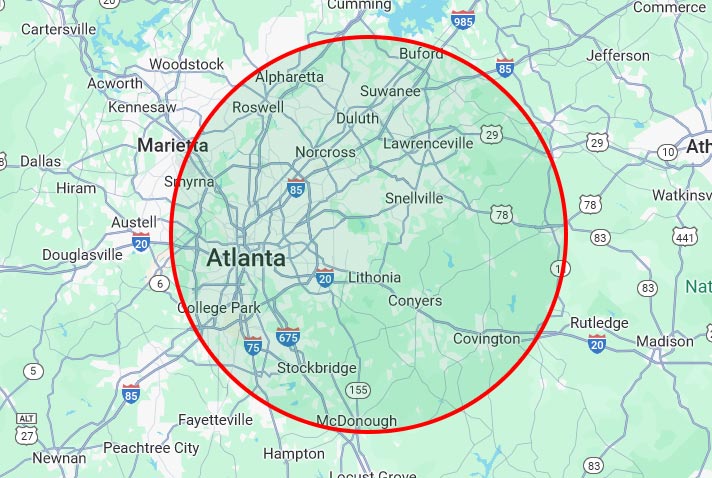Why is My Commercial Refrigerator Not Cooling?
 Commercial refrigerators are an integral part of any commercial cooking operation. When these appliances fail to keep food at a safe temperature, it can lead to unsafe conditions for staff and consumers and even potential legal trouble. When commercial fridges begin to fail, owners should not hesitate to contact an experienced local commercial refrigerator repair professional like our team at Comfort Appliance Repair in Covington.
Commercial refrigerators are an integral part of any commercial cooking operation. When these appliances fail to keep food at a safe temperature, it can lead to unsafe conditions for staff and consumers and even potential legal trouble. When commercial fridges begin to fail, owners should not hesitate to contact an experienced local commercial refrigerator repair professional like our team at Comfort Appliance Repair in Covington.
While professional intervention is needed, there are some common causes of cooling failure that all commercial fridge owners should be aware of. This article aims to provide some information on these common causes and preventative methods to employ. Read on for more information.
Thermostat Issues
When a commercial refrigerator is not cooling properly, often the first thing that a refrigerator repair expert will check is the appliance’s thermostat. If a thermostat is turned up higher than appropriate (perhaps from a recent power surge or the active hands of children in the home), the appliance will not cool foods to a safe temperature.
According to guidance from the federal Food and Drug Administration (FDA), 40 degrees Fahrenheit is the ideal temperature appropriate for the safe storage of food in a fridge. Anything above that threshold risks early spoiling and spreading bacterial illness to anyone who comes in contact with the fridge’s contents.
If your thermostat is set to the correct temperature but the fridge still is not cooling, the component may be defective and you should contact an experienced local refrigerator repair professional as soon as possible.
Faulty Fridge Door Gaskets
The flexible door gaskets on a commercial refrigerator are responsible for keeping cold air in and warm air out. As dust, dirt, and general wear and tear accumulate, these door gaskets can become weakened. This can result in cracking or otherwise detaching from the door, leading to air gaps that significantly reduce the operating efficiency of the appliance.
If you detect signs of wear on your commercial refrigerator’s door gaskets, they should be replaced immediately. Because of the precision required in installing these door gaskets, the task is often best left to a refrigerator repair specialist.
Congested Air Vents
In order for a commercial refrigerator to do its job, cold air must be allowed to vent in and circulate throughout the interior storage compartment. Because commercial kitchens can become busy and hectic, it is not rare for containers and food items to be packed tightly in a commercial fridge.
If the air vents inside the appliance become blocked, cold air cannot circulate effectively. Users should take care to ensure that their commercial fridge is organized on a routine basis to avoid overstuffing the appliance.
Faulty Compressor Motor
No matter the size or application, all refrigerators operate the same way. By pumping liquid refrigerant through a series of interior (evaporator) coils, heat is absorbed and the liquid refrigerant turns to a gas. It is then compressed to the outside of the appliance, where it passes through exterior (condenser) coils which cools the refrigerant back into a liquid and the cycle repeats. In other words, food is cooled by the absorption of heat, not the application of cold.
The heart of this whole cycle of events is the compressor motor. This is often the most expensive single piece of equipment within the appliance. If this motor fails, the refrigerant cannot cycle through the system and food will not get cooled.
Sometimes, replacing the compressor relay will solve the issue at a much lower cost. This small component operates in an on/off command mode and is the reason why a fully-functioning fridge will turn on and off as needed based on the internal temperature as measured by the thermostat.
A broken relay could cause the compressor to either not run at all or run constantly. Both scenarios are undesired for different reasons. If replacing the relay doesn’t solve the issue, owners may need to factor in the cost of a replacement motor versus the age and warranty status of their current appliance versus a replacement.
Need commercial refrigerator repair in Atlanta, Covington, or nearby? Contact Comfort Appliance today.



